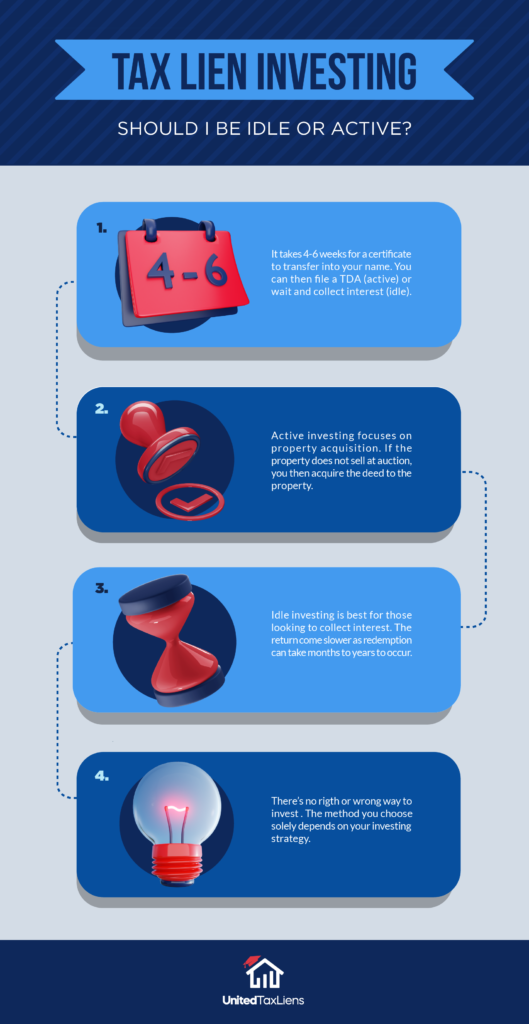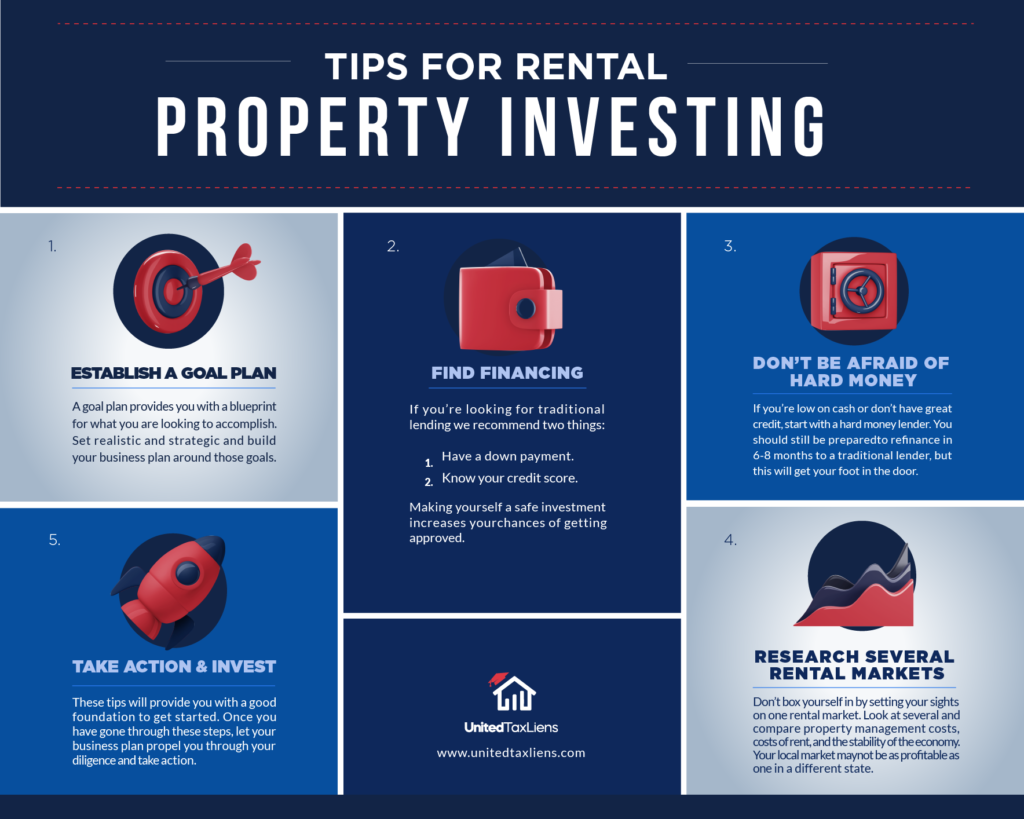
Redemption deeds are a mixture of tax liens and deeds. Here we will look over redemption deed investing. Redemption deeds are tax deeds with a redemption period. You are buying real property, but the property owner gets one more chance to redeem or repurchase the property. The positive takeaway here is that the property owner has an attached penalty. Interest rates tend to be overly high for redemption deeds. Right of redemption allows those who have defaulted on their mortgages the ability to reclaim their property by paying what is due (plus interest and penalties) before the foreclosure process formally begins. In some states, it can also happen even after a foreclosure sale (for the foreclosure price, plus interest and penalties)Another review: The property owner is responsible for some amount of money to pay the county in property taxes. Property taxes are the central sources of income to support a county. When the property owner fails to pay the taxes, the county is left with a need for money. The county will offer the redemption deed for sale to investors, instead of issuing tax lien certificates. They announce the sale, and investors come to bid on redemption deed properties. The winner does not receive a tax lien certificate, or a deed to the property with full control. The winner walks away with a redemption deed with a remarkably high-interest rate attached with the promise of property ownership if the property owner fails to pay property taxes during the redemption period.
When an individual receives a mortgage to purchase a home, the home itself serves as the loan's collateral. That means that the homeowner forfeits the control of the home if they default on their restitution. often a mortgage note will include the right of foreclosure, which describes a lender's ability to own a property through a legal process called foreclosure and outlines the qualifications under which the loan company has the right to foreclose. (State and national laws also administer the right of foreclosure.)When homeowners default on their mortgage return, lenders may invoke their right to foreclosure. Lenders must also abide by specific procedures for a foreclosure to be verified legally. First, they must provide a standard notice to the mendicant, alerting them that their loan is in default from missed payments. The homeowner then has a specified amount of time to make right on any missed payments in order to avoid foreclosure.
They will likely also be required to pay late payment fees in addition to any outstanding balances. They may also use this time to protest the foreclosure if they believe that the lender does not have the ability to rectify foreclosure on the property. If a home eventually is foreclosed upon, the lender will generally sell the property to recoup money lost on the loan. The right of redemption allows mortgagors to recover their property and stop a foreclosure from happening, or, in some cases, even rebuy their property after a deal has occurred.
Interest Rates
The advantage of redemption deeds is the promise of higher interest rates like 24% and 25% and taking ownership at the end of the redemption period. It is also much simpler to take ownership at the end of the redemption period. Let us look at an example: Texas. Texas offers two redemption periods depending on the property type. For homestead properties, the redemption period is 2 years; in this case, the longer the better. For the first 6 months of the redemption, there is a 25% penalty. That means that if the property owner redeems within the first week, the investor will make 25%. After the first 6 months, you make another 25% penalty, making the first year 50%. If the property owner fails to redeem after the first year, another 25% penalty is added, making the total potential return 75%. If the property owner never redeems, the property is all yours. If the property is non-homestead, the redemption period is only 6 months. Non-improved properties are improved lots, vacant land, raw land, etc. On that investment, you will make a 25% penalty or take immediate ownership after six months. It is not hard to imagine why this strategy is getting popular, especially in Texas.
When you speak with the county, they might not know what you are talking about if you say you are looking for redemption deeds. This is just a descriptive term we have come up with. They may refer to them as tax deeds or tax sales. Another note: Sometimes the country does not handle the auction but will outsource operations, announcements, and management to another company, sometimes a law firm.
Redeemable Deeds vs. Tax Liens
Every redeemable state treats these deeds differently, however.
In Texas, for example, when you purchase a redeemable deed, you are considered the property's legal owner. You can evict anyone who may be in the home once you record the deed. The previous owner may have redemption rights, but is no longer considered the rightful owner of the property.
In Georgia, which is another well known redeemable deed state, when you purchase a deed you are not the legal owner of the property. Once the redemption period is over and you can foreclose on the property. In Georgia, you need to foreclose the redeemable deed lien to take ownership of the property.
In both Georgia and Texas, in order to redeem the deed, the owner is required to pay the investor what they bid at the tax sale plus a hefty penalty, not interest. This means that if you purchase a redeemable tax deed and it is redeemed a few days after you record the deed, you still get the full penalty amount. You make the same interest on your money if it redeems in 2 weeks or 2 years. A penalty is not annualized like an interest payment would be.
One can exercise a right of redemption during a period of time called the redemption period, which may be before or occasionally after a foreclosure auction has ended. Every state allows mendicants to exercise their rights of redemption before the end of foreclosure proceedings. Many states also grant the right of redemption after a foreclosure sale, which is called statutory right of redemption. In this case, the repayment rules may be different from paying off all the outstanding debt that existed before the sale and may require paying the foreclosure, plus other fees.
Despite the ability to exercise the right of redemption before a foreclosure sale, mendicants will sometimes tend to only exercise a right of redemption after a foreclosure, if they decide to. This is because borrowers who already have enough funds to cover the fees of paying off the outstanding debt plus other fees are unlikely to have lapsed into default in the first place.
One drawback to investing in redeemable deeds is that there are only seven states, and one city, that sell them. The seven states (and one city) that sell redeemable tax deeds are Connecticut, Delaware, Georgia, Hawaii, South Carolina, Tennessee, Texas, and Philadelphia, PA. Another drawback to investing in redeemable deeds is that of the seven states and one city with redeemable deed sales, only one county conducts an online tax sale. All the other redeemable deed sales are conducted as live auctions, and you have to show up to bid. Only Shelby County, Tennessee, conducts their tax sale online.
How Right of Redemption can Help Investors
In theory, the right of redemption can sometimes help mortgagors stay in their homes. In reality, the right of redemption is not commonplace, because most borrowers in default don't have the ability to pay the large debt needed to exercise the right.
However, the borrower can profit from certain circumstances when they exercise a right of redemption after a foreclosure. A home may sell below its actual market value in an auction. If the borrower's state allows the right of redemption to be exercised after the sale, the mendicant could take back ownership of the home. In this case, the borrower would pay back the foreclosure sale price plus additional fees, which might be lower than the mortgage's debt.
They could then resell the property above market value and keep the difference as profit. This wouldn't be functional in every state; in some circumstances, a right of redemption could still manage full repayment of debt rather than the foreclosure sale price.
The state's goal is to collect delinquent taxes. Because of this, it is likely to sell your property far below the market price. Therefore the purchaser of such property has an opportunity to purchase homes at an unusual discount. Typically you do not have the option to finance this purchase, and unlike most real estate investing, the purchase needs to be completed quickly — sometimes in as little as 24 hours.
You should view the property to see if it is suitable. Make sure that you are familiar with the procedures of the particular state. Keep in mind the original owner's right to redemption. Although you may gain a home at a reduced rate, the owner's right to redeem may make your homeownership short-lived.












